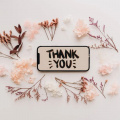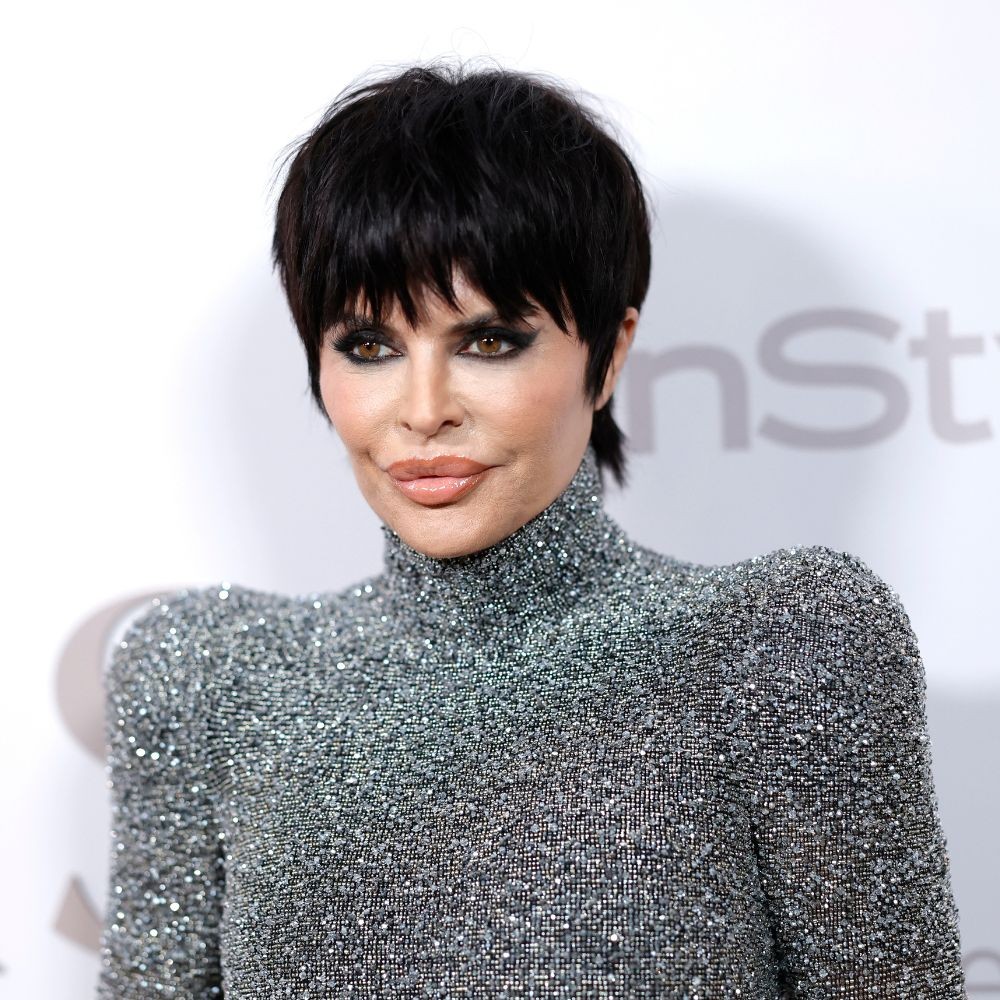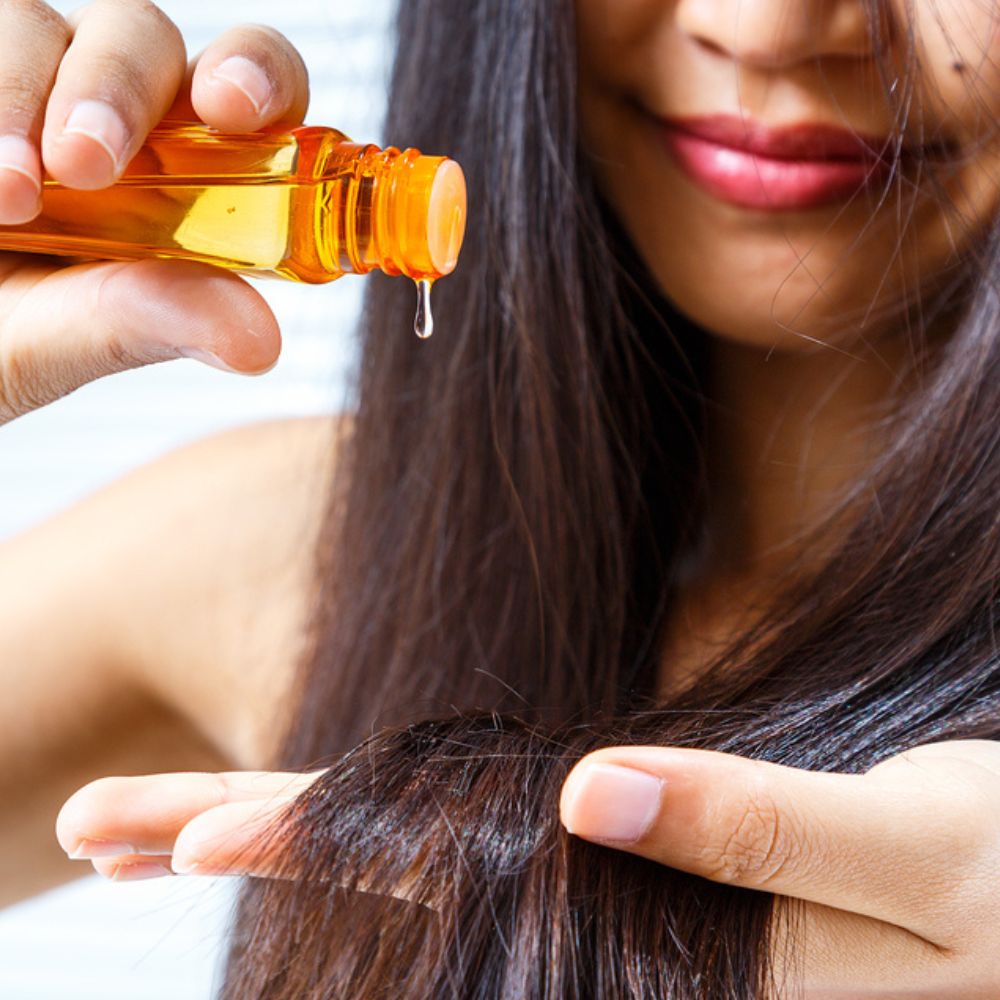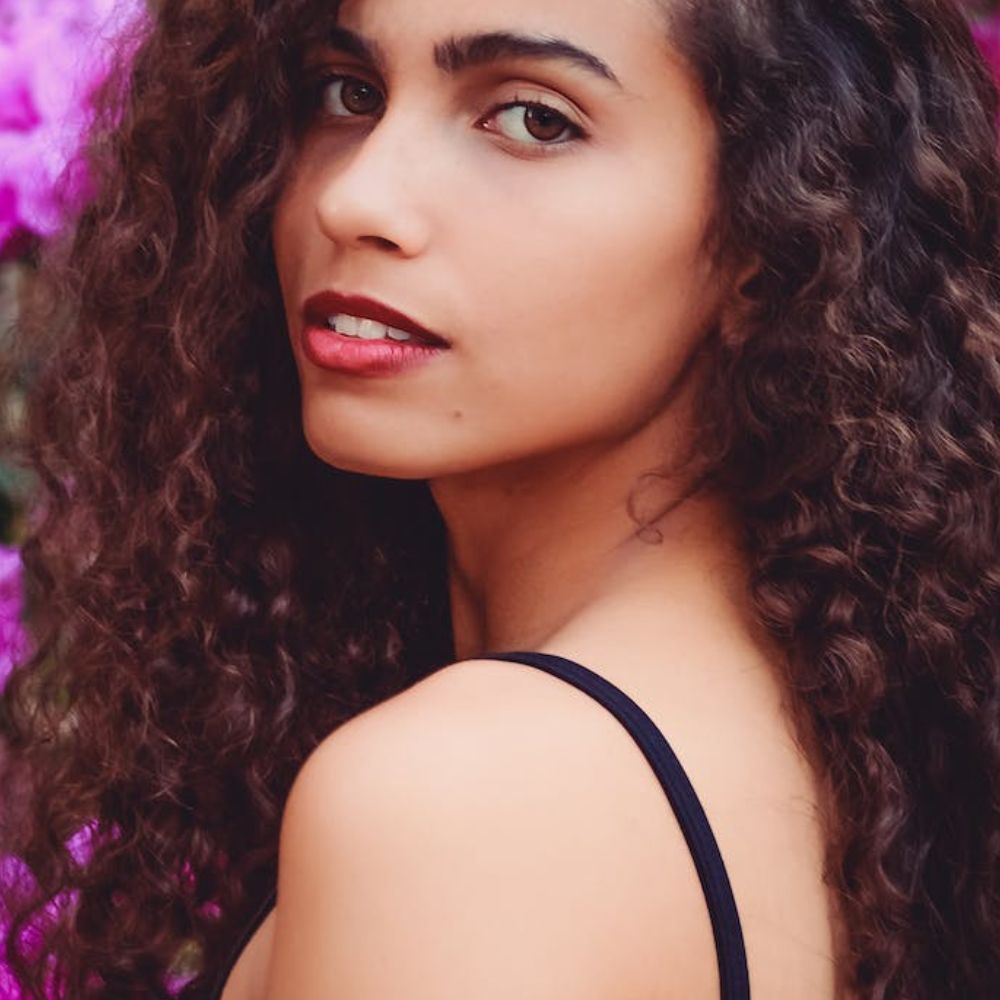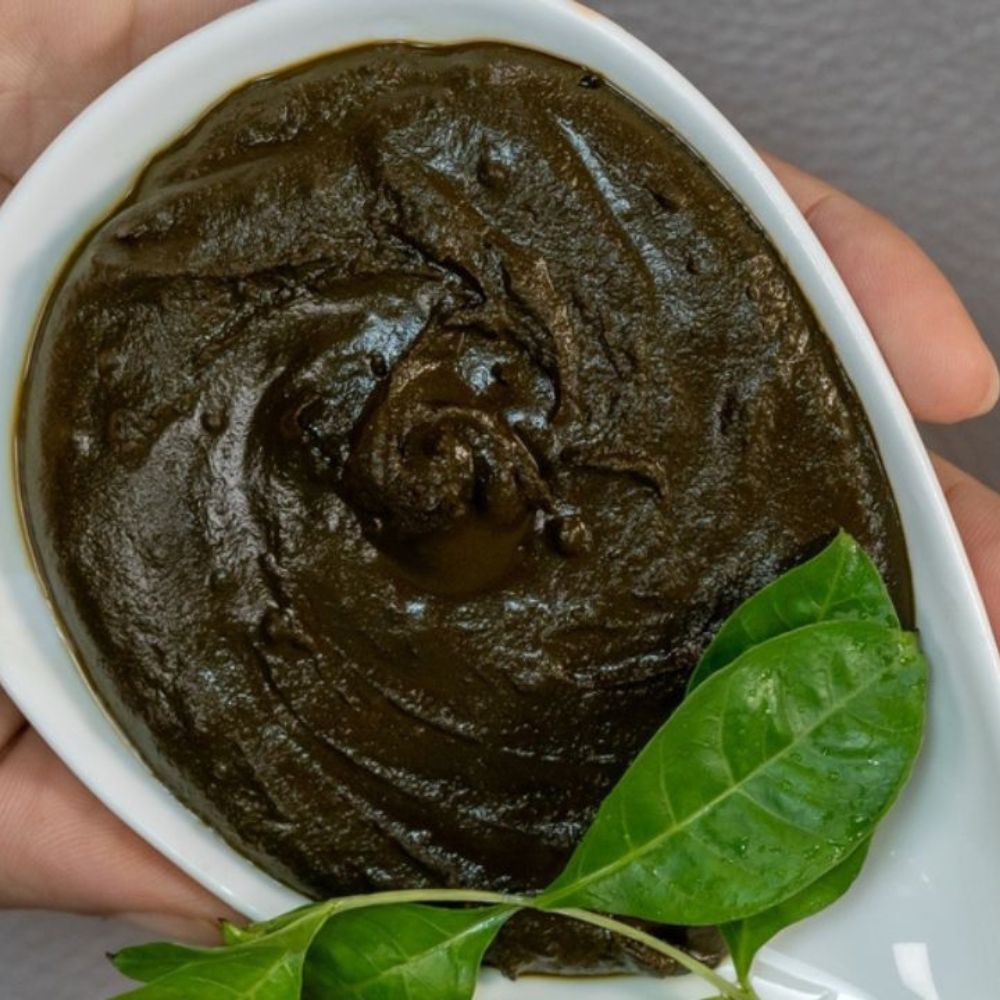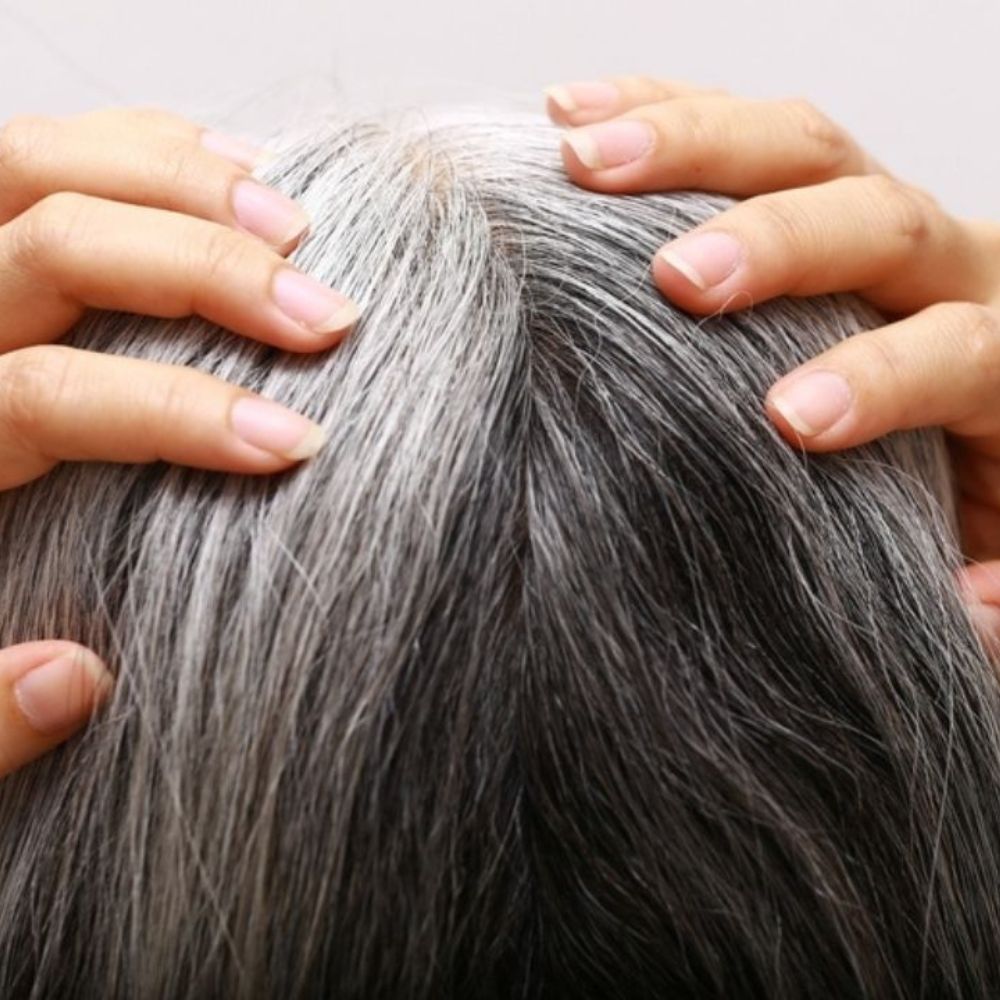An Expert’s Guide on How to Manage Itchy Scalp with Braids
Scratching the scalp in public can be annoying and embarrassing. Get rid of itchy scalp with braids by using these quick solutions and homemade remedies.
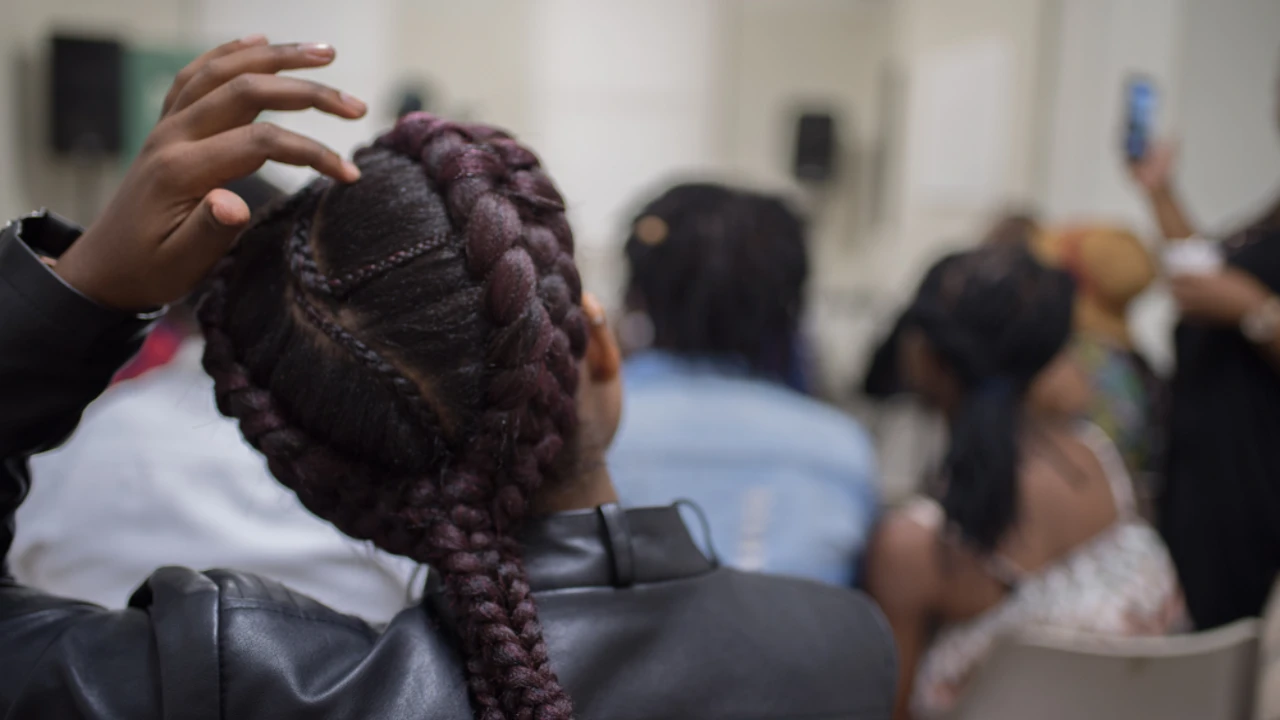
An itchy scalp with braids is an annoying and persistent condition; particularly when you need to braid your hair every single day for long hours. There is no doubt that braids are stylish and probably the best way to keep your locks in shape and tidy.
Dust, pollution, and dryness are some of the major reasons why your scalp is always itchy. These elements bring on dandruff and are conducive to lice growth as well. Sometimes, individuals scratch their scalps so badly that they hurt themselves, resulting in bleeding and inflammation.
In other instances, poor dietary habits and lack of hydration can cause severe itching. Hence, anti-lice, anti-dandruff, or medicated shampoos won’t always come for your help.
So, how to stop itchy braids? Simply follow the steps below. But you need a little patience and consistency to keep your hair healthy and not ruin your braids thereafter.
What is Braids Itch?
In simple words, itchy scalp braids are nothing but your severe urge to constantly scratch your braided hair due to the accumulation of dust, sebum, and dandruff. Braided hairstyles incorporate tight-knit braids that stay on for days. This calls for sweat, moisture, fungus, and sometimes, lice apart from the obvious ones like the dry scalp (1). Hence, it's quite natural for braids to become itchy. For the Afro and mixed communities, it's not only about maintaining the braided hairstyle, but also highlighting their heritage and culture through hair. Hence it is essential to learn how to tackle itchy braids.
Before you know how to cure itchy braids, you need to understand what braiding means and how it is done.
What are the Causes of Braid Itch?
Before you take preventive measures for braid itching, you need to know what are the root causes for the same, so that you can take your steps carefully.
1. Chemical Treatments
Black women are more prone to chemical treatments like straightening, adding preservatives, and setting spray-like alkaline lye to properly style their just braids, leading to dermatology problems (2). An alkaline mix is applied to artificial extensions of hair to render the hair immune to heat and mold. The scalp itches and becomes painful as a result of the synthetic coating's reaction with it.
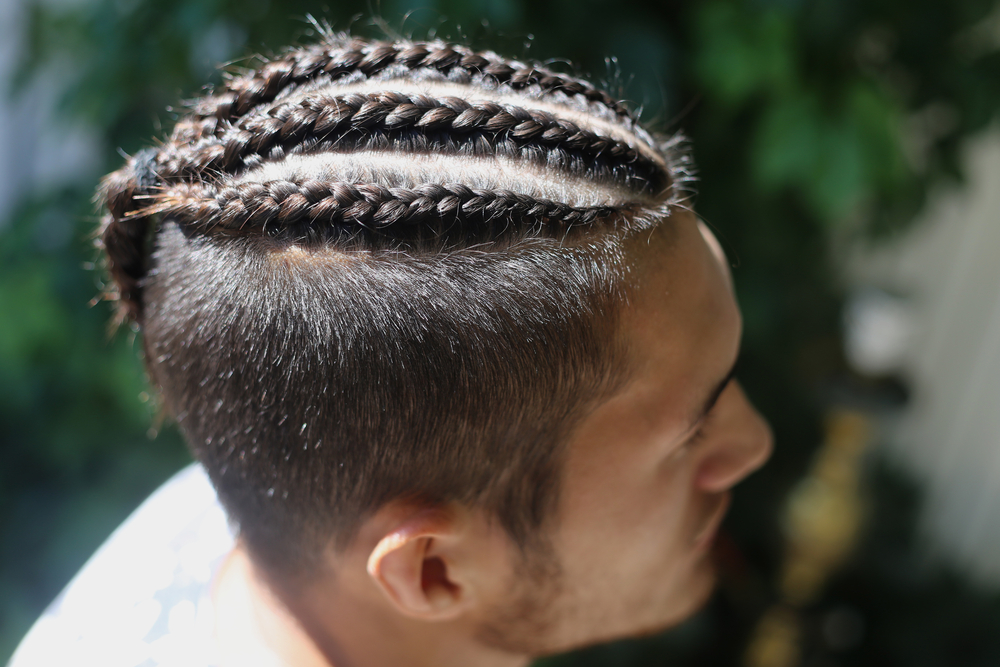
2. Tightened Hair Braids
This might be surprising, but tight braids can cause severe itching. In addition to causing pimples on your scalp, tighter braids can also irritate and inflame the hair follicles. In the worst case scenarios, they can lead to traction alopecia, which is loss of hair from the base of the hair shaft (3).
Braids to some extent can help your hair to be in shape, but not for longer periods. If you tightly keep them for the entire day or several days of the week, you are bound to collect the external elements or even cause headaches.
Hence, you need to keep them loose once in a while to let the air pass and make your follicles breathe.
3. Longer Hair
You may have wondered why you get an itchy scalp with braids right after braiding. Here's why. Heavy hair can cause an itchy scalp, especially if you have long, thick hair. This puts a lot of pressure on the roots, causing them to inflame and uproot the strands.
Itching can occur on its own or in combination with bumps and rashes. Even though severe problems with thick braids aren't frequently mentioned, certain individuals have had severe itchiness that has caused hair loss.
An uncommon but dangerous side effect of a popular hairdo is "full-thickness scalp necrosis" caused by the installation of hair weaves. Large abnormalities can require intricate repair using tissue that bears hair (4).
4. Hair Type
The sole reason for doing braiding is due to the coarse structure of hair dominant within the African or mixed communities. If your hair is too frizzy, there is a high chance you will have itching sensations. Tiny strands can stick out here and there, making you think there’s something on your scalp. Hair oil is one of the solutions that can undo the sensations.
5. Dryness in the Scalp
Dryness is a much more obvious reason why braids itch. This is due to the loss of moisture or water, making the roots whitish. The disorder may lead to flaking and irritation. Your scalp's skin peels off as it becomes inflamed.
Another reason behind dryness is the lack of nutrients or following a poor diet. Sugar - and processed-food-rich diets can cause insulin surges, which then cause the production of oil, leading to a detrimental, dry, and itchy scalp. In addition to causing redness in the human body, eating too much sugar can also make dandruff flare-ups more common (5).
Dietary deficiencies, including not obtaining enough B6 and B12 in the daily meals, can lead to a dry scalp, and itchy braids therein.
6. Dry Weather or Low Humidity in Temperature
Cold makes the hair on your head itch more. Although there are a few causes for why your scalp is extremely itchy in the winter months, dehydration is the major culprit. Persistent roughness on the hair follicles can be caused by indoor temperature and an absence of humidity in the air around you.
Dry weather too can cause dandruff or redness, hence, it's advisable to keep a humidifier in your room and use medicated shampoos only advised by dermatologists.
7. Unwashed Hair
There might be days when you are just too lazy to wash your hair and decide to go with braids. Unwashed hair carries external elements like dust particles, free radicals, plant toxins, etc. This makes your braids smelly and unhealthy altogether.
There's a rationale behind why hairstylists consistently shampoo the hair before weaving it. You may have an itch quickly after finishing styling if your scalp has cellular debris, particles, and grease.
8. Dye Allergies
Itching might also be brought on by sensitivities to the chemicals used to color the scalp braids hairstyles. Inferior braiding strands may include colors that aggravate the skin and cause bleeding when exposed to water. It's always recommended to go to the best stylist or research properly if you are braiding at home (6).
9. Product Residues
Braided styles are carried out with the assistance of gel-like substances, applications, waxes, oils, etc.; particularly in a professional setting. Any substance that is applied to your hair or scalp has the potential to irritate or hurt. The quantity of the item that was utilized is another concern. When an excessive substance is employed to attach a braid, the extra material can dry up and flake, which causes an itch.

Remedies to Treat Itchy Braids Scalp
When it comes to treating hair problems, home remedies come as a convenient and cheaper solution. Same goes for itchy braids; one doesn't need complicated expensive chemical products to reduce braid itching. The application of regular, minimal products can go a long way. On the other hand, they won't have side effects when used carefully and using the right proportion.
Check out below for the top braid itch relief magical potions.
1. Tree Tea Oil

Extracts from plants have been employed for their medicinal properties by cultures for countless years. They frequently act as a complement to Western medical practices. This oil can help majorly with severe hair loss and dandruff (7).
Small quantities of blended tea tree oil applied to the scalp can avoid the development of pollutants and dead skin cells. This maintains your hair well-nourished and moisturized, allowing it to grow normally and preventing it from breaking out.
The best way to apply tea tree oil is to use shampoos containing at least 5% of the oil extract. This goes especially for dandruff and dryness treatment. Another way is to use the diluted oil directly and massage the hair for a few minutes for a minimum of three days a week.
Massage the solution on a damp scalp. This would end up resulting in well-maintained follicles and healthy hair growth. Tea tree oil stimulates the circulation of blood and eliminates pollutants from the roots, allowing for optimal hair development.
2. Virgin Coconut Oil

Virgin coconut oil has an inherent ability to permeate the skin rapidly and effectively, which can help with moisture, skin suppleness, itch relief, and the prevention of infections (8). Cold-pressed or virgin ones are suitable since no synthetic substances are used in the extraction process. Lauric acid is one of the key elements of coconut oil. Lauric acid is recognized to have antibacterial and antifungal effects.
Eczema-related itching scalps may benefit from coconut oil. It can be beneficial in the treatment of head lice as well. The best way to apply is to apply some oil right after shampooing and conditioning. This will untangle the strands and not break down while brushing or braiding. Another way is to apply before shampooing; this will act like a hair mask, keeping the roots moisturized and healthy.
3. Apple Cider Vinegar

Spraying apple cider vinegar on braids reduces itching significantly. Because of its antibacterial and antioxidant characteristics, apple cider vinegar is a key component in a wide range of natural medicines. It can relieve you from itching sensations, dandruff, redness, and flakiness.
The vinegar maintains the natural pH level of the scalp due to the presence of Acetic acid (9). The acid reduces the flaky symptoms by lowering the pH levels.
Dilute the apple cider vinegar in warm water and massage your hair after shampooing and conditioning. Rinse it out after a while. Those who wish to try this prospective organic dandruff cure might begin by washing their scalp with a weak vinegar wash at least once every week.
Pro Tip: You can take a patch test before applying the cider vinegar to check whether you have any skin irritations or side effects. If still unsure, visit a doctor to confirm the amount you can use.
4. Loose Braids

As the common notion goes, stronger and tighter braids mean better hair. But the reality is quite different. You don't have to tightly weave your hair just to make it look neat and clean. The constant pulling of the roots can irritate, also because of the synthetic elements present in braids. You don't have to put on alkaline products to make them stiff. Go for natural ways. It's okay to keep them on for 2 to 3 days but not more than that.
5. Peppermint Oil

Peppermint oils are generally lighter in weight, thus, a savior for hair growth itch. Due to its anti-inflammatory elements and the presence of antiseptic and cooling components, the oil reduces the constant itching sensations within the braids (10).
Peppermint oil is especially helpful for individuals with sensitive skin who have frequent allergic reactions to foreign elements. Due to the aftereffect, i.e coolness, it can make your head feel lighter and relaxed.
Pro Tip: If you don’t get hold of Peppermint oil, the best substitute is Lavender oil (10). It has the same properties as the former: anti-inflammatory, coolness, and antiseptic.
6. Deep Conditioning

Deep conditioning is another solution for tight itchy braids; even for caring for box braids. It starts with moisturizing your hair and scalp which eventually reduces dryness and itchiness. Cornrows maintenance requires patience and time yet with long-lasting after-effects. Such conditioning provides pre-conditioning that prevents braids from becoming susceptible to scalp irritation, strengthening the hair follicles from within.
Some of the useful homemade solutions hair masks in this case) are banana and honey, egg and yogurt, or olive oil and honey. Just make a mash or paste out of the combinations and apply thoroughly through every hair part and keep the mask on for 30 minutes. Wash away with lukewarm water and shampoo.
Pro Tip: Deep conditioning can be done using commercial items as well if you don’t have time for DIY homemade products. Choose a conditioner that suits your hair type. Check for the chemical components carefully. Apply and massage the conditioner carefully and leave it for a few minutes. Rinse thoroughly and air dry your hair.
7. Avoid Hot Water Bath

Lukewarm water is still permissible for your hair if you reside in a cold region. Strictly avoid using direct hot water or take extreme hot water baths. It takes away the hair oils and makes it dry and flaky again. It can also cause long-term hair and scalp damage like dullness, brittleness, and broken strands. Frizzy hair is also caused due to regular use of hot water for hair treatment.
In case you don't have time to make DIY homemade solutions, there are always some quick solutions for the same.
8. Medicated Mild Shampoos
If you can’t make the hair masks, use mild medicated shampoos (11). These shampoos fight off underlying conditions like bacterial and fungal infections, inflammation, and psoriasis. They are called medicated for a reason as they contain some of the major components of a medicinal product like salicylic acid, selenium sulfide, and ketoconazole.
Medicated mild shampoos too prevent further dandruff or flaky side effects.
Pro Tip: Consult a dermatologist to check which shampoo suits you the best. Don't overuse and follow the instructions carefully. Overuse can lead to drastic effects on the hair follicles and cause damage in return.
How to Prevent Itchy Braids Scalp?
It’s crucial for every hair care taker to prevent itching after treating. Hence, one needs to regularly curate their hair care routine so that further troubles are not there for you.
1. Usage of Mild Products
It’s always recommended to use mild hair care products like shampoos, conditioners, hair masks, etc that do not have fragrances, alcohol, or sulfates. This way you can keep away from unnecessary residues causing itchiness. Sulfates eliminate cellular debris from the surface of your skin and the natural oils in the hair follicles, leaving your scalp chapped and susceptible to inflammation. Additionally, utilizing treatments that include alcohol and scents dehydrates your hair because the pores and scalp have become sensitive. Your hair will feel weakened, dry, and unmanageable as a result.
2. Gentle Shampooing
This cannot be emphasized enough but gentle shampooing is the way to go. Shampooing especially if you are using nails directly on the scalp rips off the upper layer and gets vulnerable to infections. Always, use the tip of your fingers or a hair scrubber/massager if you want to get the most out of your session. Make sure the bristles of your massager are not pointy and don't hurt on your scalp.
3. Avoid Direct Sunlight
If you are planning to go out in the scorching heat or your work routine demands so, make sure to wear a hat or use hair SPF to protect the direct sun rays to avoid dryness and irritation.
4. Keep Yourself Hydrated
Your scalp's natural oils don't always suffice to keep it moisturized. It’s important that you keep yourself hydrated inside as well to keep your hair healthy from inside. Drink lots of water, and even if it feels boring, drink plenty of juices or glucose infused water.
5. Maintain a Healthy Diet
Maintaining a good diet with nutritious meals comes as a savior when nothing works out for you. Protein is one of the first elements that your hair and scalp requires the most. Include as much protein heavy dishes as you can apart from zinc, vitamin B and iron. Never skip your vegetables and green leafy products. Make sure to make fruits a part of your daily routine.
Conclusion
We have come to the end of this article with some of the master solutions on how to stop braids from itching. Always remember to keep your scalp clean - this is one of the primary ways to halt the annoying itch. Please remove the excess accumulation of oil, dirt, and debris with gentle, mild shampoos, and avoid products with fragrances. Lastly, it's recommended to choose natural ways to treat your hair using remedies like aloe vera, peppermint, lavender, and tea tree essential oils to soothe the roots and keep them cool. Following this will ensure you say goodbye to itchy scalp with braids.
Citations
1. “A review on Hair Conditioner ContainingCurry Leaves, Amla, Aloe vera, Neem & Flaxseed”
https://ijcrt.org/papers/IJCRT2201298.pdf
2. Black women’s hair: the main scalp dermatoses and aesthetic practices in women of African ethnicity*
https://www.scielo.br/j/abd/a/pWDzC8BHsgqRmhHHDVNwLwy/?format=pdf&lang=en
3. TRACTION ALOPECIA: A REVIEW
https://www.researchgate.net/publication/270647809_TRACTION_ALOPECIA_A_REVIEW
4. Full-thickness Scalp Injury Due to Hair Braiding and Weave
https://www.ncbi.nlm.nih.gov/pmc/articles/PMC4560210/
5. DIABETES: 12 WARNING SIGNS THAT APPEAR ON YOUR SKIN
https://www.aad.org/public/diseases/a-z/diabetes-warning-signs
6. Hair dye reactions
7. Formulation and Evaluation of Hair Shampoo Containing Tea Tree (Melaleuca alternifolia) Oil and Virgin Coconut (Cocos nucifera) Oil
https://iopscience.iop.org/article/10.1088/1742-6596/1358/1/012022/pdf
8. Get the Facts: Coconut Oil
9. STUDY ABOUT THE NUTRITIONAL AND MEDICINAL PROPERTIES OF APPLE CIDER VINEGAR ARTICLE INFO ABSTRACT
10. Health benefits of lavender (Lavandula angustifolia)
https://www.journalofsports.com/pdf/2019/vol4issue1/PartAB/4-1-317-920.pdf
11. An overview of medicated shampoos used in dandruff treatment





 JOIN OUR WHATSAPP CHANNEL
JOIN OUR WHATSAPP CHANNEL

































